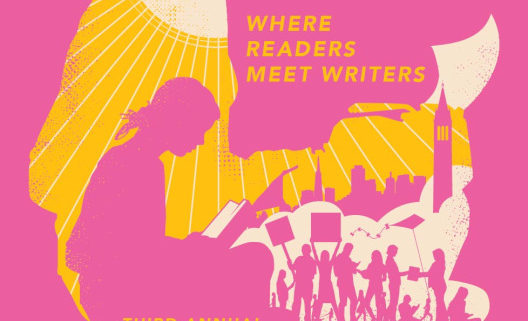How Literature Is an Activist Force
By Cherilyn Parsons, Bay Area Book Festival Founder and Director
Literature is one of the most powerful tools for social change because it shapes the most potent force that humankind has: hearts and minds. When hearts and minds are mobilized, watch out—as we have seen with books from The Origin of the Species to The Invisible Man to Silent Spring and thousands more.
Legend has it that Lincoln said to Harriet Beecher Stowe upon meeting the diminutive author, “So you’re the little woman who wrote the book that started this great war.” In many ways Stowe’s book, Uncle Tom’s Cabin, is a relic now, embarrassingly showing the limitations of past times—but we might never have gotten past those times if not for the way that this book opened minds and hearts, which then changed history.
Great literary work is inherently activist—which does not mean didactic. Quite the opposite, great literary work is never propagandist; it respects the intelligence and agency of its readers. It does not use its power for manipulation, a cynical act.
It is activist because great literature intrinsically holds hope and the possibility of change. No matter how dark the topic might be—and some of civilization’s most important works are dark indeed—great literature is about hope. By asking to be read, literature assumes human potential.
Reading a book (and especially writing one) means believing in openness to change and the possibility of change. There would be no reason for a writer to create a book if not for the belief that it could matter to someone (and there are as many ways it matters as there are books).
On the reader’s side, picking up a book means opening oneself to change. By entering into the space of a book, a reader indeed is asking to be changed. In reading, we offer up our consciousness to the world of the book. We each have only one life, and it consists of this consciousness and time, and when we read, we offer ourselves to be altered by what we experience in the pages.
Reading is thus dangerous—but it is also paradoxically safe. Whether non-fiction, fiction, or poetry, literature allows remarkable access into the subtle lived experience and perspectives of people and cultures very different from our own. The pages of a book are a safe space to explore that. Often it’s difficult or even impossible, physically or emotionally, to venture forth like this in our “real lives.” But through books? As Dr. Seuss wrote, “Oh, the places you’ll go!”
One of the first things despotic societies do is burn books. Autocrats are threatened not only by what books might say but by the very nature of literary experience. Enlightened societies have a horror of book burning because they know books are sacred. Books are seeds of hope and change. They are expressions of love and trust.
In our current time, as environmental, political, and ideological challenges are mounting, we must nurture hope. A book festival is an opportunity to gather around the power of literature to do just that. The Bay Area Book Festival is offered to you in this spirit.

